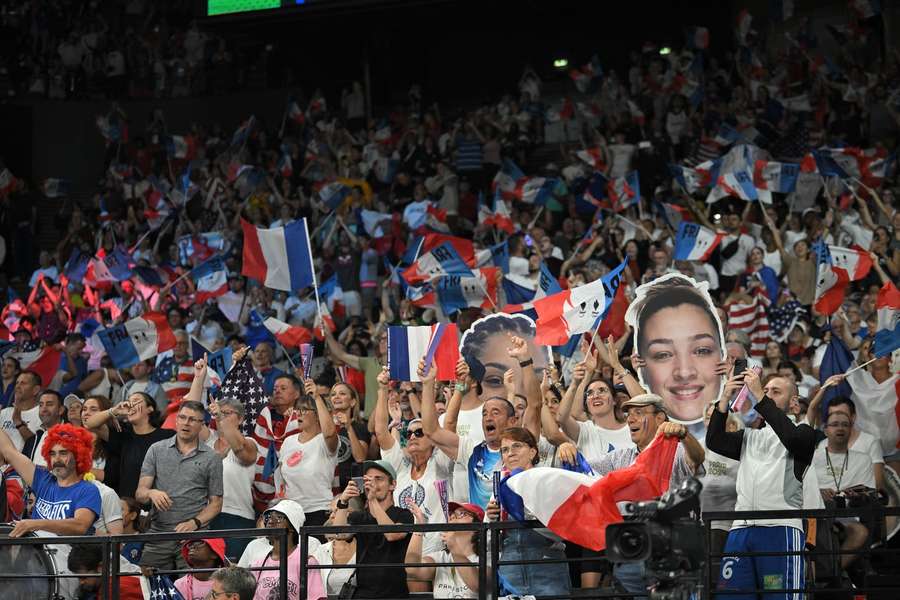Home advantage helps France break records and new ground at Paris Games

In no other sporting event is hosting so evident in the results themselves as at the Olympics. In the case of the Games, this is even a rule. France even came first in the aforementioned 1900, as did Great Britain in London in 1908, Germany in Berlin in 1936 and China in Beijing in 2008. The remaining Olympics were dominated by either the USA or what was the Soviet Union.
Hosting the Olympics has also helped smaller countries up the rankings. For example, Italy came third in the medal standings in Rome in 1960. Mostly, however, these were one-off showings. The Greeks, for example, celebrated a total of 16 medals and a great 15th place in 2004 (six golds was their most since Athens 1896, where they were second behind the USA) but four years later they dropped 43 places with an 0-2-2 record. Even the Japanese fell seven golds short this year (down to 20) from their Tokyo tally.
This is actually not such a surprise. A country always invests millions into hosting the Games, they want to show themselves to the world, and it wouldn't make sense if a government didn't also support sport financially in order to shine in this respect as well. Before the Games in Paris, the country's president, Emmanuel Macron, even set the French team a target of finishing fifth in the national standings. That was achieved.
During the third day of this year's Olympics, Team Les Bleus picked up a total of eight medals, the first time they have done so since Atlanta in 1996. With the ubiquitous thundering tones of the Marseillaise, the entire country forgot about the political crisis it was going through and threw its attention and energy into a gathering of the world's best athletes.
The outpouring of support nearly unnerved the Games' biggest star, 22-year-old French swimmer Leon Marchand. "I tried to focus on myself, but it's really hard when you have 15,000 people in the stands cheering you on," confessed the winner of four golds and one bronze medal.
And he didn't even mention the other nearly 10 million fans who watched his races on TV. The opening ceremony was watched by 23 million French people or roughly one-third of the country's population. The event thus had a bigger audience than Les Bleus' matches at the recent European football championship, where the World Cup runners-up reached the semi-finals.
There was plenty to watch. After all, the French had won the country's first-ever medal in the men's 4x100m medley relay, a complete exhibition event for the Americans, to whom they succumbed only in the very last moment. Thanks to the 17-year-old talent of Felix Lebrun, they enjoyed their first table tennis medal in 32 years. They applauded a sensational silver as underdogs in the men's 3x3 basketball, losing to the Dutch in overtime in the final by a single point.
France's men's sevens rugby team became the first to dethrone Fiji from the Olympic throne and, in the BMX cycling, the French even took a complete podium finish, the first time they had done so in any event at the Games since 1900. But back then, they made up almost half of all the athletes taking part.
The advantage of hosting the Olympics on a sporting level is clear. With the USA hosting the 2028 Games in Los Angeles, one wonders, how many more medals can they add to their mammoth haul of 126 in Paris?



